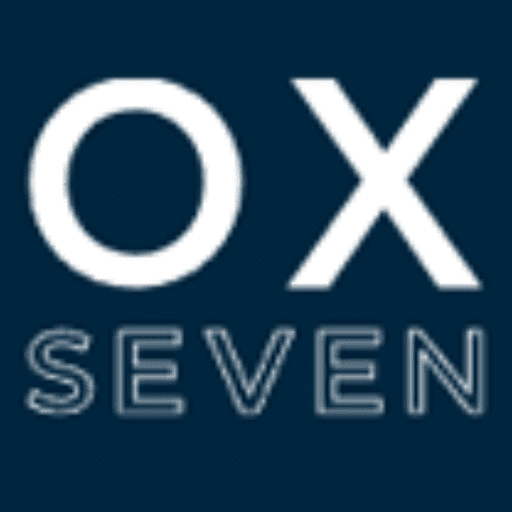
When a business changes, its employer brand must evolve as well, as this professional services brand is learning as it recruits from an increasingly diverse talent pool.
What does “adaptability” look like when you’re one of the largest professional services companies in the world?
This is the challenge facing Erin Maxin, Global Employer Brand Leader at EY (also known as Ernst & Young). EY employs well over 200,000 employees worldwide and works with clients in over 150 countries.
1. Attracting Tech Talent Outside of the Big Four
Attracting tech workers is one of the most common talent challenges facing employer brand leaders today. Unless you’re a sought-after Big Four employer, you may struggle to fill tech roles and retain tech talent.
EY has had to shift away from the campus recruiting model it’s used for years, in which internships fed the hiring pipeline. “Our talent models are changing because our business is changing,” Maxin says. Now, EY recruits from a broader range of backgrounds and skillsets than ever before to find the best matches for their tech roles.
2. Diminishing Employee Tenure
The “partner track” is less of a draw for candidates than it was in the past when employees preferred to stick with a job for a longer period of time. Job tenures are shortening, and today’s workers are less likely to desire a decades-long relationship with their employers.
“The experience applicants have from a candidate perspective is really important to our ability to sell and build our brand in the marketplace,” Maxin says. For her and her team, crafting an exceptional candidate experience isn’t just humane; it’s vital to business success, too.
3. Preparing for a Global Crisis
The pandemic has forced drastic change onto many businesses, including their employer brand teams. Teams went remote, wellness became paramount, and brand messaging that worked in a pre-COVID world no longer resonated.
“When things change your world, like the pandemic,” Maxin says, “you can customize it very quickly and get your regions and stakeholders what they need.” It’s an approach that focuses less on policing and more on empowering, educating, and creativity.
4. Brand Trust Is Thornier Than Ever
Edelman’s 2020 Trust Barometer report revealed the tremendous role consumer trust in a brand now plays in its success. Meanwhile, employees (both current and former) are turning to platforms like Glassdoor to offer their unvarnished thoughts on the employee experience.
This means transparency and experience management are now central to a successful employer brand strategy. “You can put out gorgeous videos, gorgeous ads, and great content on your social media channels. But if your people are not having a great experience, they have platforms through which they can share that,” Maxin reminds us. “That is your employer brand, like it or not.”
To follow Erin Maxin’s work in employer brand, connect with her on LinkedIn. For help evaluating your own employer brand, talk to us about the Link Humans Index, which uses 16 key attributes to measure how you compare with others in your industry.







